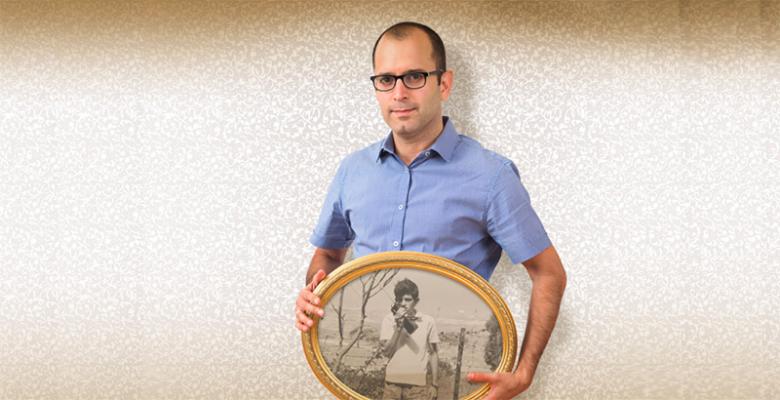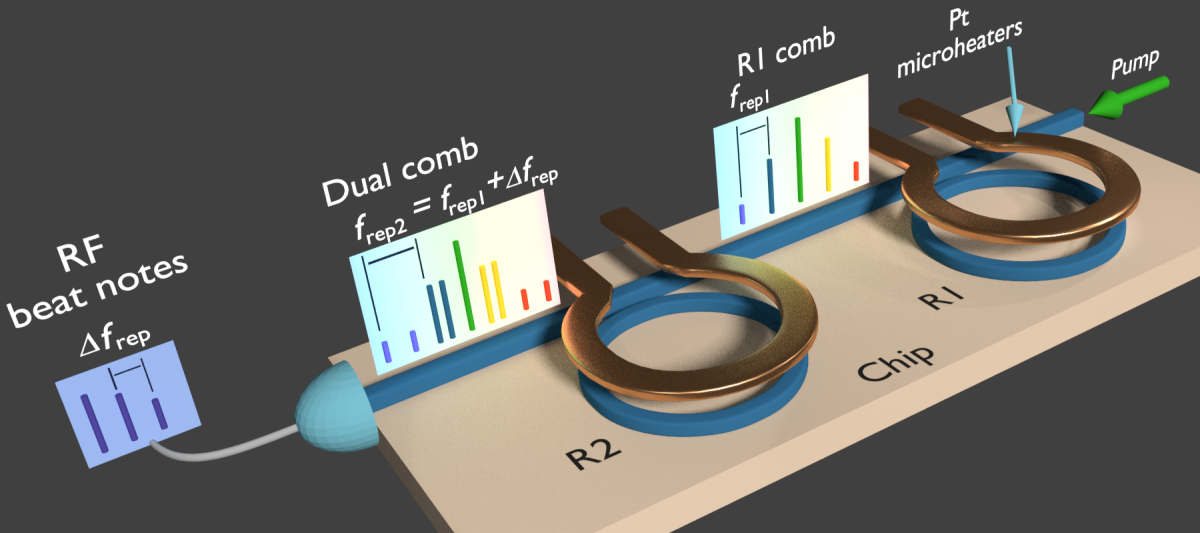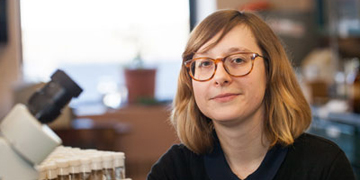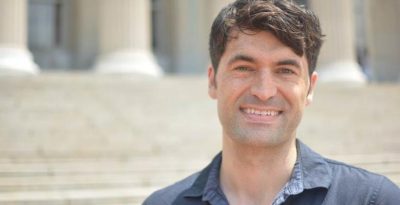02
March
From millions of interconnected online genealogy profiles, researchers have amassed the largest, scientifically-vetted family tree to date, which at 13 million people, is slightly bigger than a nation the size of Cuba or Belgium.
Read More
02
March
Columbia engineers are the first to miniaturize dual-frequency combs by putting two frequency comb generators on a single millimeter-sized silicon-based chip — work that could lead to low-cost, real-time portable sensing and spectroscopy in the field.
Read More
01
March
In a scientific first, researchers have observed in mice how the brain learns to repeat patterns of neural activity that elicit the all-important feel-good sensation. Until today, the brain mechanisms that guide this type of learning had not been measured directly.
Read More
01
March
Engineering professors Karen Kasza and James Teherani have each won a prestigious, five-year award from the National Science Foundation, which supports the early career-development activities of junior faculty who have the potential to serve as academic role models in research and education.
Read More
28
February
If coral reefs continue to degrade, waves on coastlines may substantially increase, leading to greater coastal erosion, found a study co-authored by Alessio Rovere, an adjunct scientist at Columbia University's Lamont-Doherty Earth Observatory.
Read More
26
February
“These stars are teaching us what happened to the Galactic disk – what happened to the Milky Way in the past,” said Kathryn Johnston, Columbia professor of astronomy, a co-author on the current paper and co- or lead author of papers leading up to this finding.
Read More
19
February
David Kipping, an assistant professor of astronomy, has been named a recipient of the prestigious 2018 Sloan Research Fellowship, which honors early-career scholars whose achievements have set them apart as up-and-coming leaders in the scientific community.
Read More







